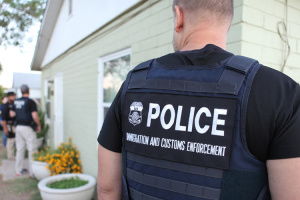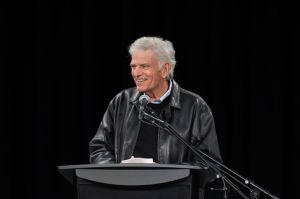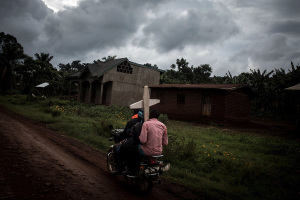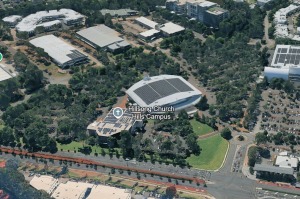My People, My People: A Response to Christian Genocide From the Inside-Out
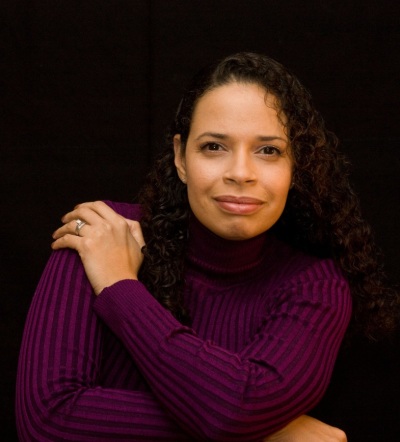
"[The murderers] had tortured the child in such an inhuman way. . . His neck was cut, toes were broken and hands were slashed and burned. His face was burned, as well, while hot fragments of coal or firewood were placed on his stomach, burning his abdomen. His mouth was also found tied. Autopsy reports came back indicating the final cause of death was drowning."
This could be the introduction to a Black history reflection on the death of fourteen-year-old Emmett Till.
It is not.
It's actually a description of seven-year-old Amnol Gemethi, a pastor's son, found face down in a pond in Rajasthan, India this past November.
Emmett Till and Amnol Gemethi are worlds apart, separated by culture and generations. What do their deaths have to do with each other?
Images of the Till boy's battered body published in Jet magazine brought global attention to a people's suffering. Gemethi, meanwhile, represents one of hundreds of thousands of Christians in the global tally of those who suffer at the hands of religious extremists and anti-Christian governments. The numbers in the Middle East, in North, West and Central Africa, and in South and East Asia are staggering, and growing daily.
Christian populations have recently been targeted, scattered and diminished worldwide. The Prince of Wales has boldly named the phenomenon a "crime against humanity."
Nigerian Archbishop Magnus Atilade compares what is happening in his country to the Rwandan genocide. Numerous congressional hearings have been held to address this worsening situation for Christians worldwide, with the most recent held on Capitol Hill at the start of this year.
When world leaders raise their voices using such language, history tells us that it is beyond time to take notice. If we have learned anything at all from history, then it is likewise time to take note of those who remain silent.
Our Unique Voice
The African American community is well acquainted with systemic oppression. The similarities between today's suffering church and the struggle of African American Christians throughout church history are striking.
God, as the Creator and sustainer of all, is limitless in His creativity. Mercifully, He has limited Satan in his ability to devise evil. Because of this limitation, violations of the image of God often show the same manifestations and patterns wherever they are found.
Scripture shows us that Satan works in three ways: preternaturally in the unseen realm, tangibly through individuals, and systemically through governments and other man-made structures. While the societal fabric of oppression may change from age to age, the general contours of abuse and degradation remain the same. Consider the similarity in methods of dehumanization from one oppressive regime to another; the destruction of name and identity, false accusations, unjust courts and imprisonments, zoned housing to substandard conditions, the denial of societal advancement, and so on.
As we consider events overseas, we come into contact with familiar territory; rapes conducted with impunity, and the public example of lynchings sprouting the 'strange fruit' that hangs not only from the poplars of the American South, but from trees in numerous other climates. Similarly, rights to vote and the opportunity to change one's circumstances are denied through strict legislation, lack of power and resources, lack of physical mobility in the marketplace and on the byways, and the threat of death. Christian churches and business today are routinely targeted, even marked for destruction with black X's as during last summer's violence in Egypt, reminiscent of the hundreds of our own churches, businesses and homes bombed and burned throughout our history and leading up to our own theologically driven civil rights movement.
As it was with us, so it is with them.
A watching world takes note of our similarities. Dr. Patrick Sookhdeo, International Director of Barnabas Fund makes note of "a powerful comment from a Muslim lawyer in 1992: 'Christians must realize that they have become the n*ggers of Pakistan, even though the cotton-field chores may have been replaced with 'dhimmi' street sweepers.'" [i],[ii]
Image of God, Image of Christ
If it is hubris to violate the image of God in an innocent human being, it seems an even more profound offense to violate the name of Christ that the believer bears or the image of Christ to which he or she is being conformed. The Creator regards the death of those who bear His name as precious in His sight.[iii]
Historically, the Church expands under stress. Satan's opposition acts as a Petri dish that plays host for the bacteria of the Gospel to grow and spread organically. By applying the pressure of persecution, he unwittingly creates an environment where the need for hope and faith in Christ are most necessary.
It would be naïve however, to think that the intentional destruction and silencing of entire communities is not without grievous consequences. There is a tipping point at which a witness can be erased, and entire regions left without human testimony to the transformative power of the Gospel of Christ; many places are verging on this reality.
The Household of Faith
"So then, as we have opportunity, let us do good to everyone, and especially to those who are of the household of faith."[iv] Who is in this household? Christ says that "whoever does the will of His Father in heaven is his mother, sister and brother.[v]
How can we identify the family of God, though, in light of doctrinal divisions?
For some in the field, it is enough to share a "common heritage" and trust that ultimately we are saved by grace and not by doctrine. For others who hold more closely to their doctrinal position, the knowledge that these who suffer are made in God's image is enough to stir a compassionate response. We may appeal to Article 18 of the Universal Declaration of Human Rights, and agree that all individuals possess intrinsic value that affords the right to be treated humanely despite religious belief and practice.[vi]
Among those with whom I've worked personally overseas, the finer points of doctrine are rarely discussed at the business end of a gun, sword, knife or noose. Our faith in Christ alone is enough to indict us, and the oppressor usually knows nothing of doctrinal distinctions. To those who are hostile to the people of Christ, we are "just another ni…" or to put it more politely, we are "just another Christian." As one pastor has expressed, "Sound doctrine is vital; yet there is a time and a place for discussing and correcting doctrine. This time comes only when we are not under direct attack."















